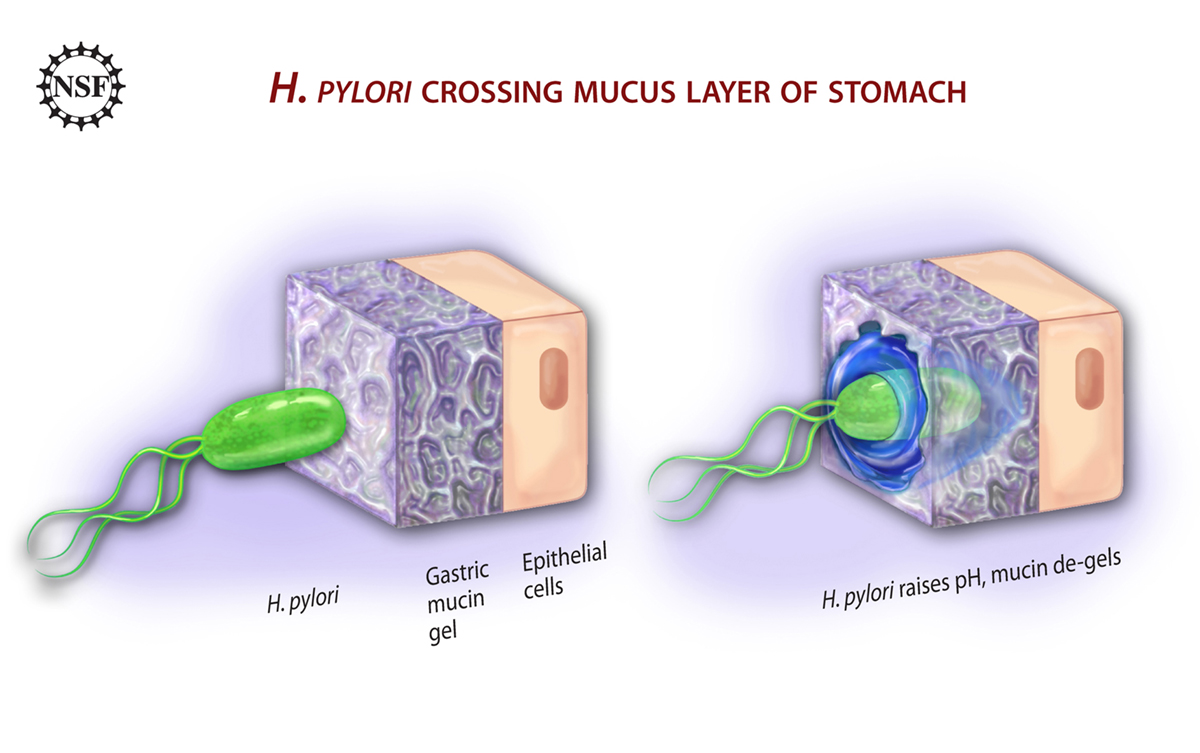
In almost half of the patients who develop some of the complications of a peptic ulcer the condition stays undiagnosed until the very complication develops. The most prominent symptom of peptic ulcer perforation is a sudden and sharp pain in the upper middle part of the abdomen, right bellow the breast bone. The pain may radiate towards the shoulder. In some patients there are additional symptoms such as dyspepsia, anorexia, nausea and vomiting. The stomach content may be tarry due to the presence of blood. Furthermore, the blood can also mix with stool giving it darker appearance. Loss of blood is associated with weakness, dizziness and fainting.
Who is at Risk for Peptic Ulcer Perforation?
People who are prone to peptic ulcers and some of the potential complications of the disease generally include patients on long-term therapy with non-steroidal anti-inflammatory drugs. If these patients do not take some of the medication which control production and harmful effects of stomach acid they will eventually develop peptic ulcer and are highly likely to develop other potential complications.
Furthermore, medical history of peptic ulcer is also a risk factor particularly if it is not treated properly or the disease starts to be active after certain period of remission. Increased intake of alcohol, spicy foods and smoking increase production of stomach acid and may be triggers for perforation in patients who are already suffering from peptic ulcers.
Complications of Perforated Peptic Ulcer
Once the ulcer has perforated the stomach content may enter the peritoneal cavity. This subsequently leads to irritation and inflammation of the peritoneal cavity (peritonitis). Apart from that perforation of peptic ulcer carries risk of abscesses and if some of the major blood vessels are damaged there is a chance of massive bleeding. One more potential complication of perforated peptic ulcer is shock.
Treatment Options for Perforated Peptic Ulcer
Conservative treatment for perforated peptic ulcer includes nasogastric suction, pain management, medications which reduce production of stomach acid (proton pump inhibitors or H2 blockers) and antibiotics. Nonsurgical treatment can be effective in many cases and if there are no additional complications. In severe cases patients require surgical repair and they may receive blood transfusions (serious loss of blood). Surgical procedure applied in case of peptic ulcer includes patching of the ulcer, peritoneal lavage, truncal vagotomy, highly selective vagotomy or partial gastrectomy. Once the symptoms and signs are brought under control patients gradually return to regular diet and they most commonly continue taking medications which control production of stomach acid and prevent its harmful effects.


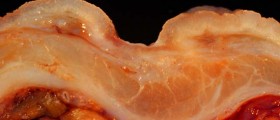



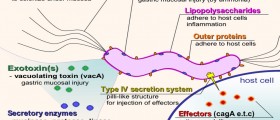
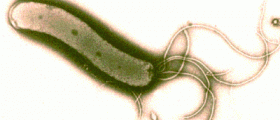

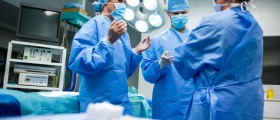






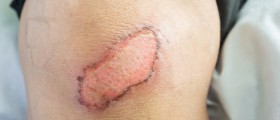
Your thoughts on this
Loading...